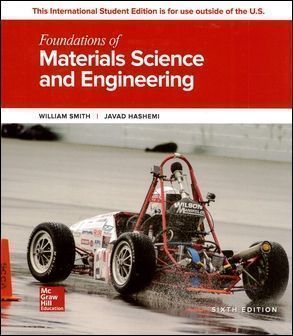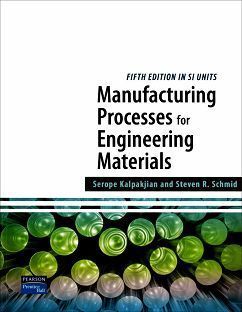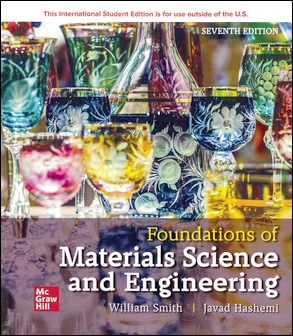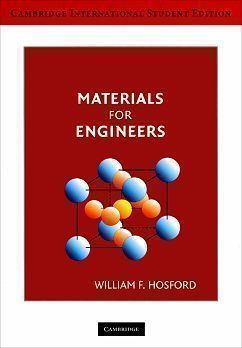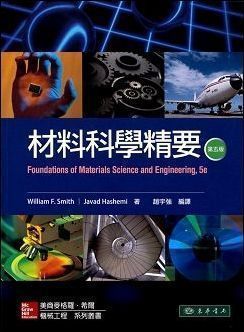書籍分類
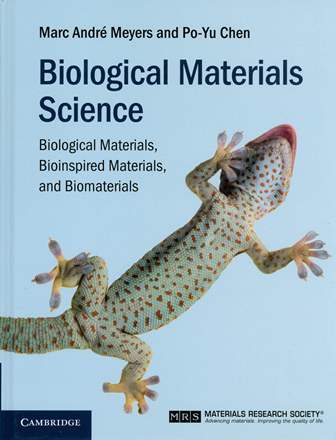
Biological Materials Science: Biological Materials, Bioinspired Materials, and Biomaterials (H)
作者:Marc André Meyers, Po-Yu Chen
原價:NT$ 2,400
ISBN:9781107010451
版次:1
年份:2014
出版商:Cambridge University
頁數/規格:628頁/精裝單色
版次:1
年份:2014
出版商:Cambridge University
頁數/規格:628頁/精裝單色
內容介紹 本書特色 目錄 作者介紹
- Description
Taking a unique materials science approach, this text introduces students to the basic concepts and applications of materials and biomedical engineering and prepares them for the challenges of the new interdisciplinary field of biomaterials science. Split into three sections - Basic Biology Principles, Biological Materials, and Bioinspired Materials and Biomimetics - it presents biological materials along with the structural and functional classification of biopolymers, bioelastomers, foams, and ceramic composites. More traditional biomimetic designs such as Velcro are then discussed in conjunction with new developments that mimic the structure of biological materials at the molecular level, mixing nanoscale with biomolecular designs. Bioinspired design of materials and structures is also covered. Focused presentations of biomaterials are presented throughout the text in succinct boxes, emphasising biomedical applications, whilst the basic principles of biology are explained, so no prior knowledge is required. The topics are supported by approximately 500 illustrations, solved problems, and end-of-chapter exercises.



